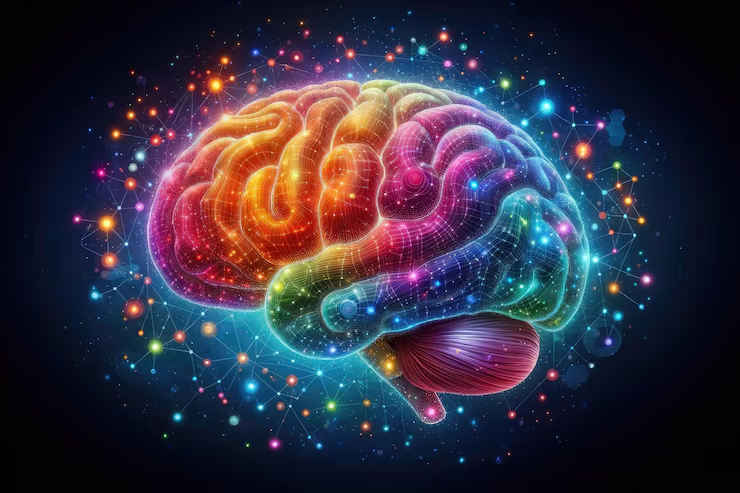Empowering Minds,
Transforming Lives
Encompasses a range of medical interventions tailored to diagnose, manage, and treat various neurological conditions. This includes medications, therapies, surgical procedures, and lifestyle modifications designed to improve brain function and overall quality of life. Early diagnosis and a multidisciplinary approach are key to effective treatment and better outcomes for patients.
Frequent or severe headaches: Frequent or intense headaches, particularly different from usual patterns, can be an indication of conditions like migraines, brain tumors, or aneurysms.
Uncontrolled shaking or convulsions: Seizures are one possible manifestation of epilepsy and other neurological disorders.
Memory loss: Difficulties in recollecting events that have happened lately may be a sign of such disorders as Alzheimer’s disease and other dementias.
You will just need to have the latest version of Elementor Difficulties in recollecting events that have happened lately may be a sign of such disorders as Alzheimer’s disease and other dementias.
Aphasia: Loss of words, even after trying so hard, may result from stroke or traumatic injury to the head where the language center resides on the left side of the brain.
Weakness or paralysis: Weakness that comes suddenly or inability to move some parts of the body are signs of strokes.
Insomnia or excessive sleepiness Insomnia (inability to sleep), whereas too much sleep during daytime, is associated with various disorders from a neurosurgical point of view.
TREATMENTS

When to see Doctor
Recognizing these symptoms early and consulting a doctor can help diagnose potential brain conditions on time, leading to more effective treatment options for all types of diagnostic results. If someone has any such symptoms, he should not hesitate to seek medical attention since this could be an underlying health problem requiring immediate treatment.
